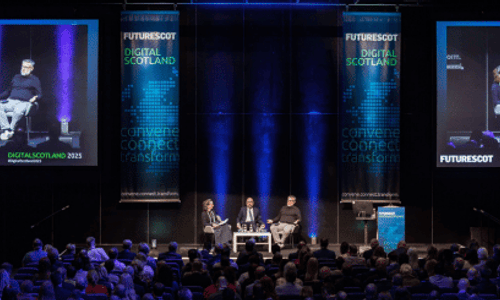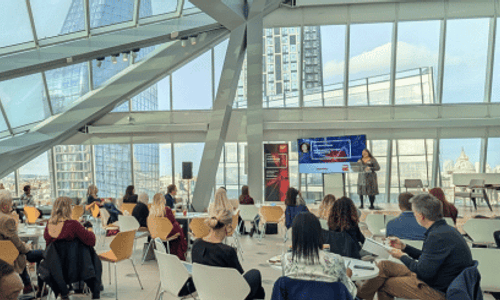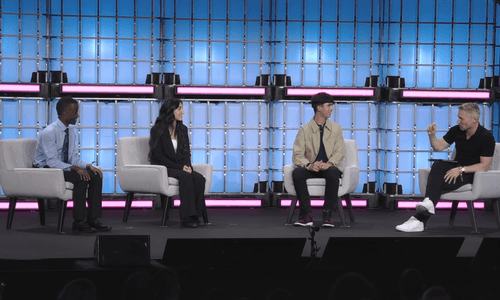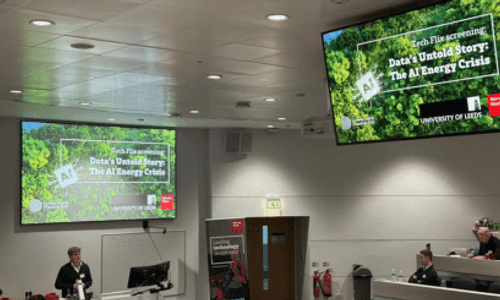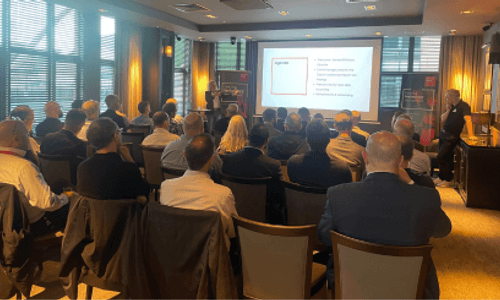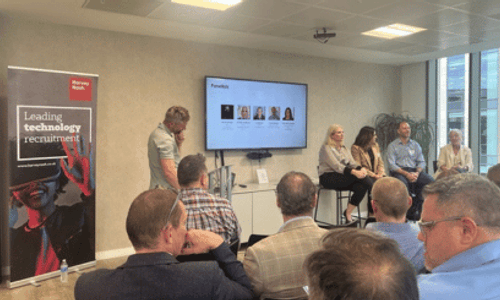
Events
Reflections from DigitalScotland 2025
On 19 November, our Scotland team, Graeme McNaull, Craig Ross, Lewis Wright, Alan O'Mahony and Fiona Macleod, attended DigitalScotland 2025, an event ...
Computer Weekly/Harvey Nash Diversity in Tech Conference 2025: Highlights
Taking place on the 6th November, the annual Computer Weekly/Harvey Nash Diversity in Tech Conference 2025 once again brought together tech profession...
Web Summit Lisbon 2025 Recap
Harvey Nash proudly represented the intersection of talent, technology, and sustainability at Web Summit Lisbon 2025. Nash Squared’s Group Technology ...
Leeds Digital Festival 2025: Round Up
This year marked a special milestone for Leeds Digital Festival, its 10th anniversary. Over two weeks, the city came alive with events celebrating inn...
Exploring the AI energy crisis: Leeds Digital Festival 2025
On 25th September, we were delighted to host an event as part of Leeds Digital Festival’s 10th anniversary celebrations, a two-week programme showcasi...
Newcastle Digital Leadership Report launch event highlights
On 11th September 2025, we welcomed digital and business leaders to the Dakota Hotel in Newcastle for our Nash Squared / Harvey Nash Digital Leadershi...
Leeds Digital Leadership Report launch event highlights
On 16th July 2025, we gathered with some of Yorkshire’s most influential tech leaders to mark the Leeds launch of the Nash Squared / Harvey Nash Digit...
Birmingham Digital Leadership Report Launch Event Highlights
On 26th June 2025, we gathered with a brilliant group of digital and business leaders in Birmingham to mark the regional launch of the Harvey Nash Dig...
Digital Leadership Report 2025: London Event Launch Highlights
On 18th June 2025, we gathered with an amazing group of tech and business leaders on our London rooftop to celebrate the launch of the Nash Squared / ...
Get in touch
If you're looking to secure your next role or make your next best hire, we'd love to help. Get in touch to speak with one of our consultants today.

